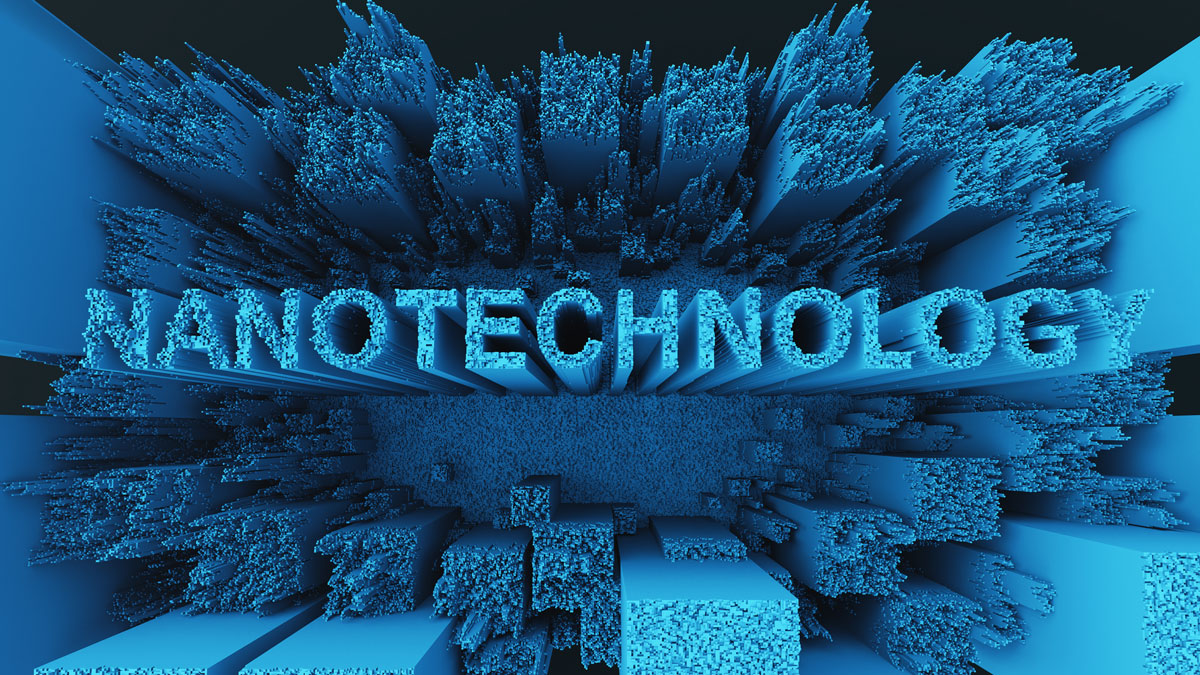Category: Nano News
Get the latest updates from Nano News – featuring council announcements, member highlights, and key developments across the global nanotechnology community.
National Nanotechnology Day (USA) Event Date: October 09, 2021 National Nanotechnology Day is an annual celebration featuring a series of community-led events and activities on or around October 9 to help raise awareness of nanotechnology, how it is currently used in products that enrich our daily lives, and the challenges and opportunities it holds for the future. This date, 10/9, pays homage to the nanometer scale, 10–9 meters. Planning for [...]
Hearty congratulations to IEEE Nanotechnology Council (NTC) past-president Prof. Chennupati Jagadish, Australian National University, for being awarded with an UNESCO Medal for his important contributions in the field of semiconductor nanotechnology, and establishing a pioneering research programme in Australia in semiconductor nanotechnology and optoelectronics. Prof. Jagadish received the UNESCO Medal during a ceremony held at UNESCO headquarters, Paris on 22-November 2018. The medal is awarded each year by the Director-General [...]
NASA Research Announcement: Use of the NASA Physical Sciences Informatics System Appendix D Released NASA has released the NASA Research Announcement (NRA) titled “Use of the NASA Physical Sciences Informatics System – Appendix D,” which solicits ground-based research proposals to generate new scientific insights by utilizing experimental data residing in NASA’s Physical Sciences Informatics (PSI) system (http://psi.nasa.gov). This online database provides investigators access to the raw and processed experimental data [...]
Majorana fermion: A particle that its own anti-particle has been recently evidenced by researchers led by Prof. Kang L. Wang, at University of California, Los Angeles. This discovery is believed to conclude the longstanding quest about the existence of Majorna fermions which could be a major breakthrough in the field of quantum computing. Prof. Kang L. Wang is the former Editor of IEEE-Transactions on Nanotechnology. Please join me in [...]
In a pioneering effort to control, measure and understand magnetism at the atomic level, researchers working at the National Institute of Standards and Technology (NIST) have discovered a new method for manipulating the nanoscale properties of magnetic materials. The ability to control these properties has potential applications in creating and improving the magnetic memory in consumer electronic devices and developing a sensitive detector for magnetic nanoparticles. The discovery focuses on a [...]





